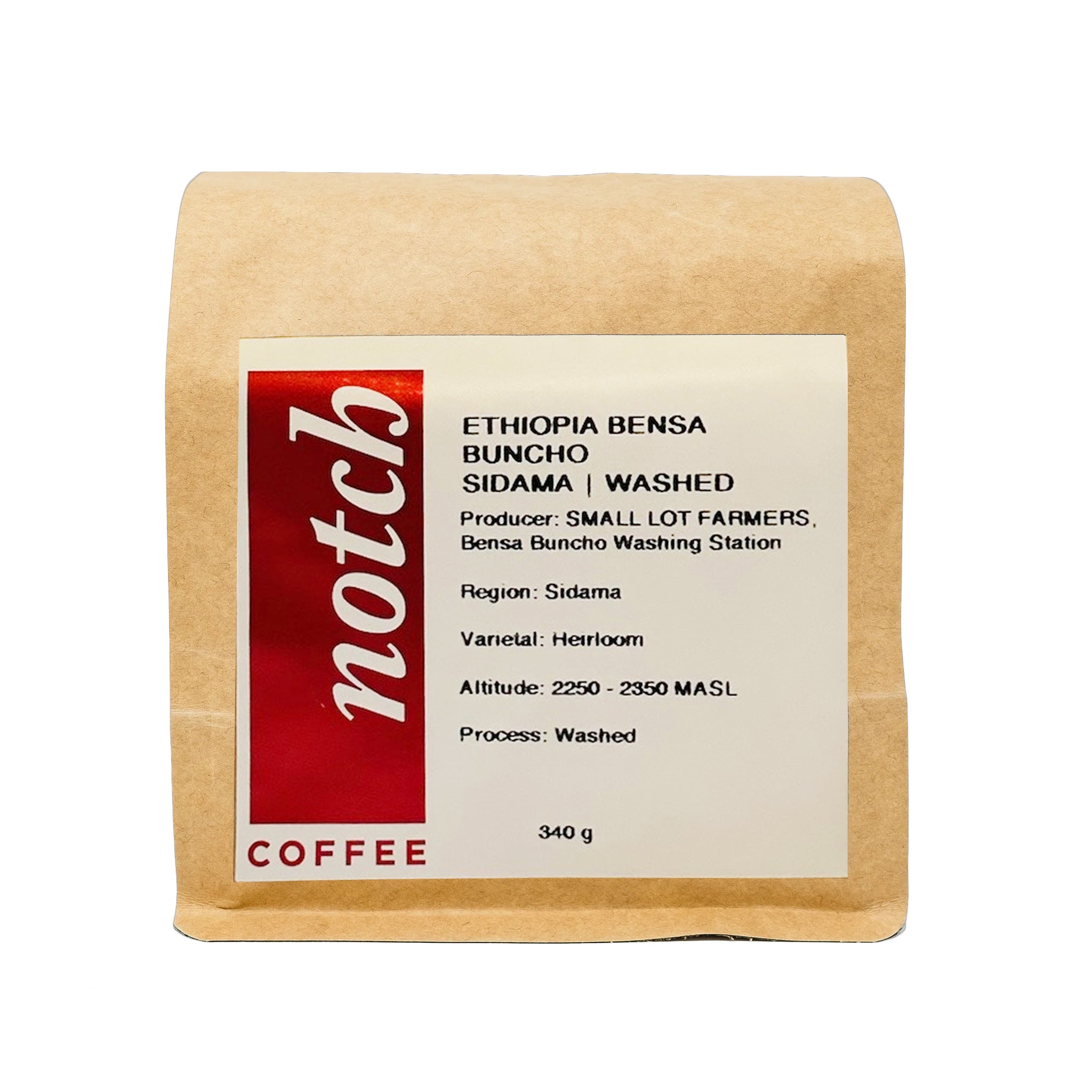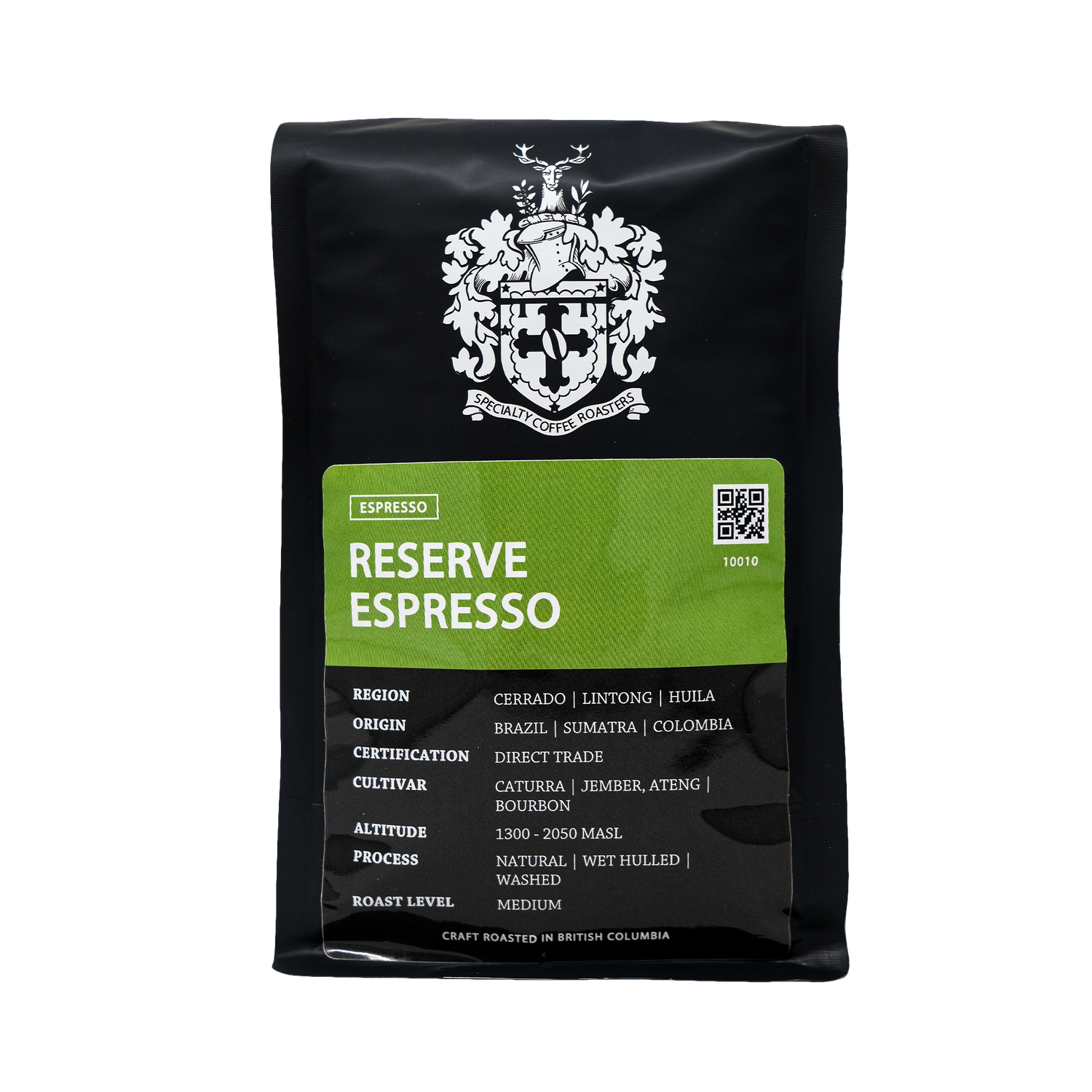Ethiopian coffee is celebrated worldwide for its unique flavours and rich history. However, one common question among coffee enthusiasts is: why is Ethiopian coffee so expensive? This article delves into the factors that contribute to the higher price of Ethiopian coffee, shedding light on the intricate processes and unique conditions that make it a high-quality product.
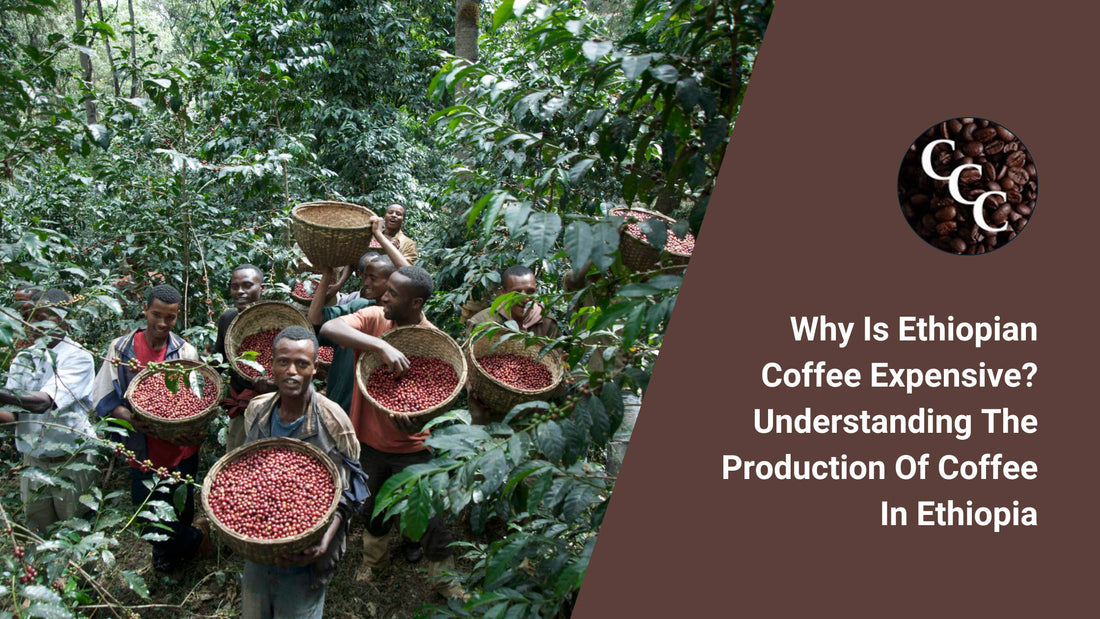
Why is Ethiopian Coffee Expensive? Understanding the Production of Coffee in Ethiopia
Share
Why is Ethiopian Coffee Expensive? Understanding the Production of Coffee in Ethiopia
The Rich Heritage of Ethiopian Coffee

Ethiopia is often referred to as the birthplace of coffee. According to legend, coffee was discovered in Ethiopia by a goat herder who noticed that his goats became energetic after eating the berries from a certain tree. This led to the discovery of the coffee bean, which has since become a global phenomenon.
The country’s coffee culture is deeply rooted in its history and tradition. Coffee ceremonies are a
significant part of Ethiopian social and cultural life, symbolizing respect, friendship, and hospitality. This cultural heritage adds to the allure and perceived value of Ethiopian coffee.
Unique Growing Conditions

Ethiopian coffee benefits from exceptional growing conditions that are hard to replicate elsewhere. The country’s diverse geography includes high elevations, fertile soils, and ideal climatic conditions. These factors contribute to the distinct and complex flavour profiles that Ethiopian coffee is known for.
- High Elevations: Many of Ethiopia’s coffee-growing regions are situated at elevations between 1,500 to 2,200 meters above sea level.
- Higher altitudes: Slow down the maturation process of coffee cherries, allowing them to develop more complex flavours.
- Fertile Soils: The volcanic soils in Ethiopia are rich in nutrients, providing an excellent environment for coffee plants to thrive.
Diverse Coffee Varietals
Ethiopia is home to some of the most diverse coffee varieties in the world. Unlike other coffee-growing regions where monoculture is prevalent, Ethiopian coffee farms often cultivate a variety of heirloom species. This biodiversity not only contributes to the complexity and uniqueness of Ethiopian coffee but also enhances its resilience to pests and diseases.
Traditional Farming Methods
Most Ethiopian coffee is grown by smallholder farmers who use traditional farming methods passed down through generations. These methods include:

Shade-Grown Coffee: Ethiopian coffee is typically grown under the shade of larger trees. This practice helps protect the coffee plants from extreme weather conditions and pests, while also promoting biodiversity.

Organic Farming: Many Ethiopian farmers practice organic farming, avoiding synthetic fertilizers and pesticides. This not only benefits the environment but also enhances the quality and flavour of the coffee.
Traditional Farming Methods
The process of harvesting coffee in Ethiopia is highly labour-intensive. Unlike mechanized harvesting methods used in other countries, Ethiopian coffee is hand-picked. This ensures that only the ripest cherries are selected, which contributes to the superior quality of the coffee. However, the labour-intensive nature of this process also adds to the overall cost.
Post-Harvest Processing
Ethiopian coffee is processed using two main methods: the washed (or wet) process and the natural (or dry) process. Both methods require significant time and labour, contributing to the higher cost of the final product.

1. Washed Process: In this method, the coffee cherries are de-pulped, fermented, and then washed to remove any remaining fruit. This process highlights the coffee’s acidity and bright flavours but requires a considerable amount of water and labour.
2. Natural Process: Here, the coffee cherries are dried with the fruit still intact, which imparts a fruity and wine-like flavour to the coffee. This method requires careful monitoring and extended drying times to prevent spoilage.
Export and Certification Costs
Ethiopian coffee must often meet stringent export standards and certifications, which can add to the cost. For instance, organic certification and fair trade certifications require adherence to specific practices and standards, which can be costly to implement and maintain. These certifications, however, ensure that consumers receive high-quality coffee produced under ethical and sustainable conditions.
Market Demand and Supply
The demand for Ethiopian coffee often exceeds supply, driving up prices. Coffee enthusiasts and connoisseurs are willing to pay for the unique flavours and high quality of Ethiopian coffee. Additionally, limited production volumes from smallholder farms mean that there is not always enough supply to meet global demand, further pushing prices up.
Economic Factors
Economic conditions in Ethiopia also play a role in the pricing of its coffee. Factors such as inflation, exchange rates, and economic policies can impact the cost of production and export, ultimately affecting the price consumers pay.
Supporting Ethiopian Farmers
Paying a higher price for Ethiopian coffee not only reflects its superior quality but also supports the livelihoods of the farmers who produce it. Many of these farmers rely on coffee as their primary source of income. By purchasing Ethiopian coffee, consumers are helping to ensure that these farmers can continue to practice sustainable and traditional farming methods.
Ethiopian coffee is more than just a beverage; it is a product of rich cultural heritage, exceptional growing conditions, and meticulous care from smallholder farmers. The unique flavour profiles, diverse varietals, and traditional farming practices all contribute to the higher cost of Ethiopian coffee. While it may be more expensive, the superior quality and the support it provides to local farmers make it a worthwhile investment for coffee enthusiasts worldwide.
By understanding the factors that contribute to the cost of Ethiopian coffee, consumers can appreciate the value and effort that goes into every cup. Whether you’re a casual coffee drinker or a dedicated connoisseur, Ethiopian coffee offers an unparalleled experience that is well worth the price.
Ready to try Ethiopian coffee that delivers all the quality and flavour without breaking the bank? We have a selection of specialty beans that will get your next cup to a higher level:
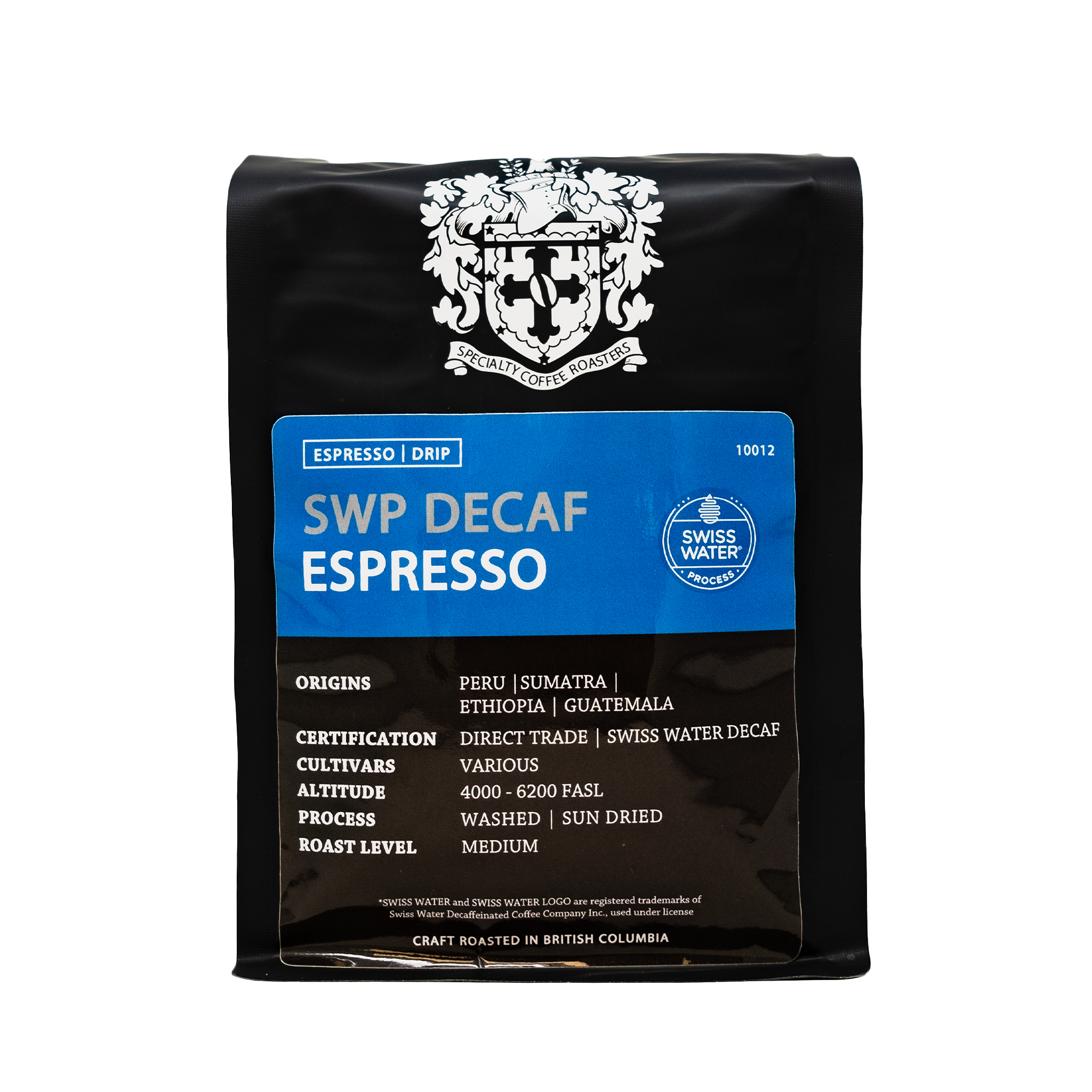
SWP Decaf Espresso | 5 Time Golden Bean Medal Winner
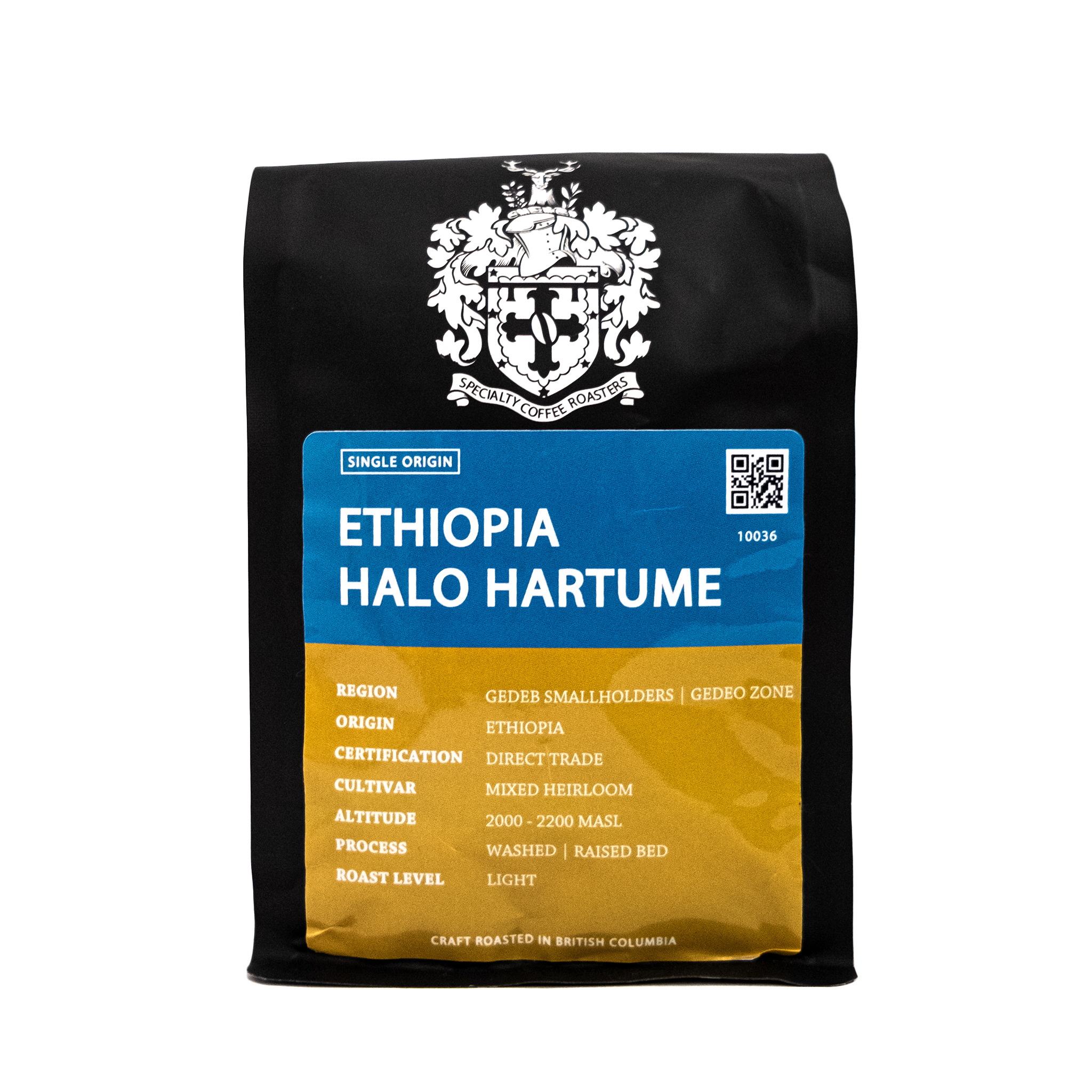
Ethiopia Aricha Yirgacheffe | 2 Time Golden Bean Medal Winner

Blindside Espresso | 2 Time Golden Bean Medal Winner
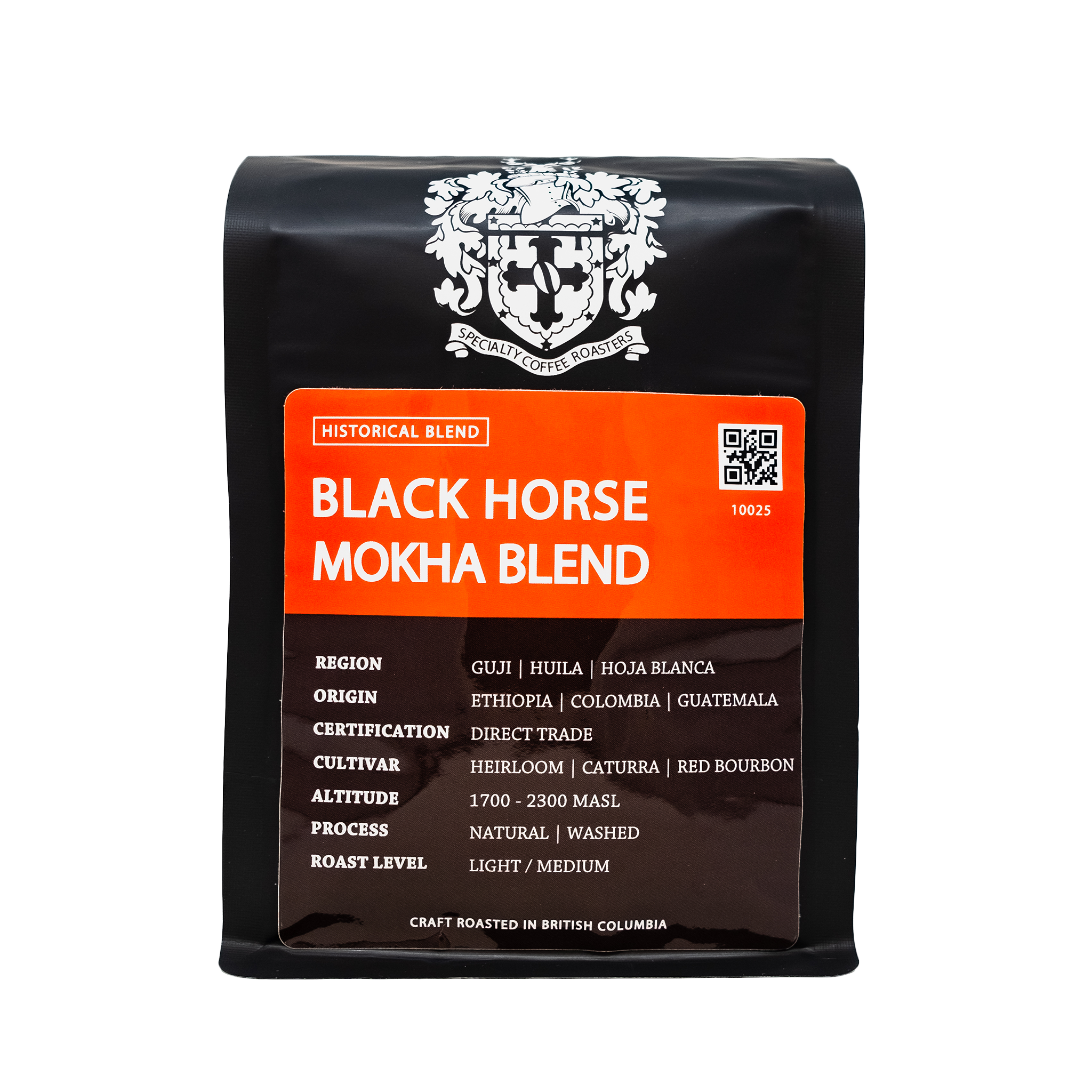
Black Horse Mokha Java | Golden Bean Bronze Medal Winner 2019
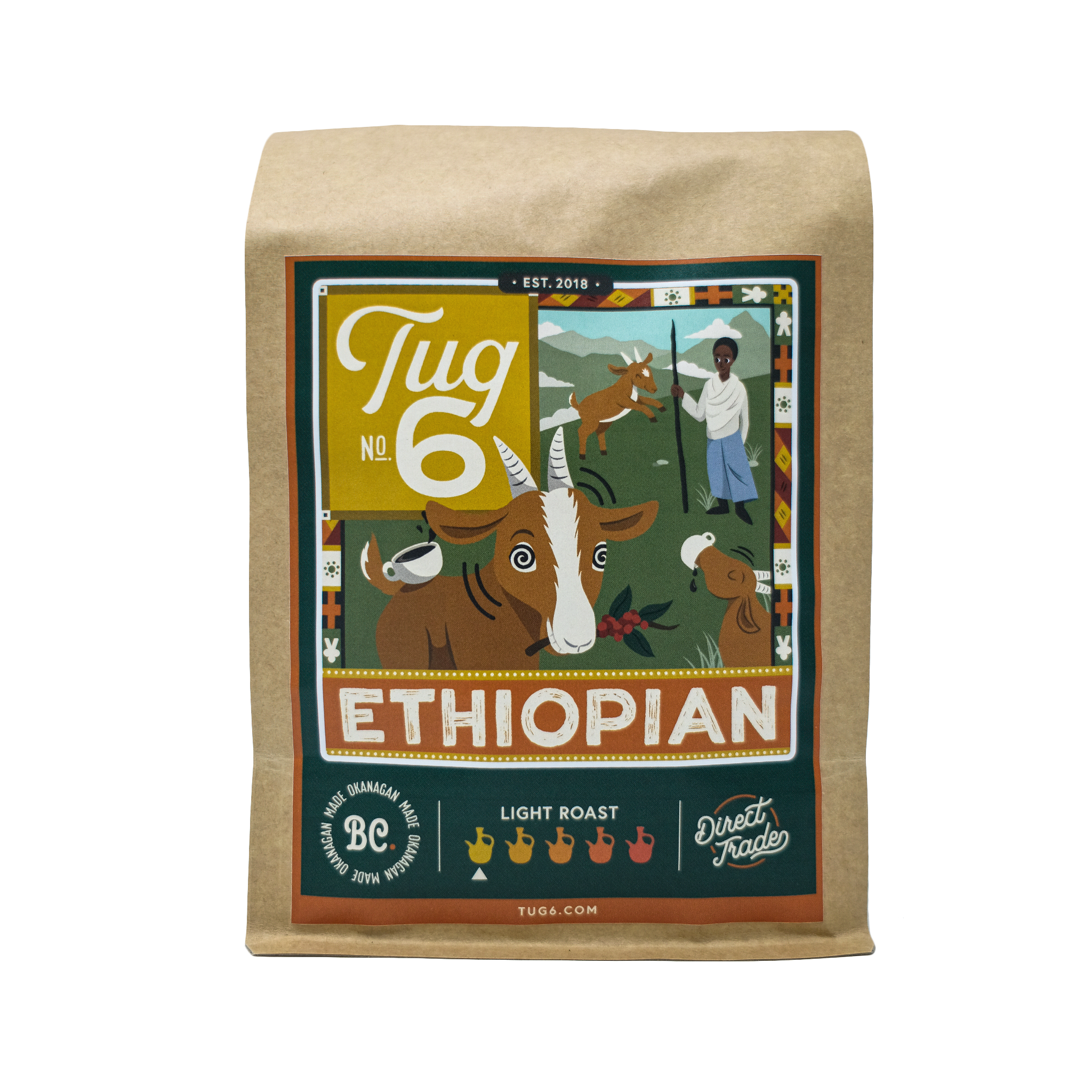
Ethiopian - Single Origin
